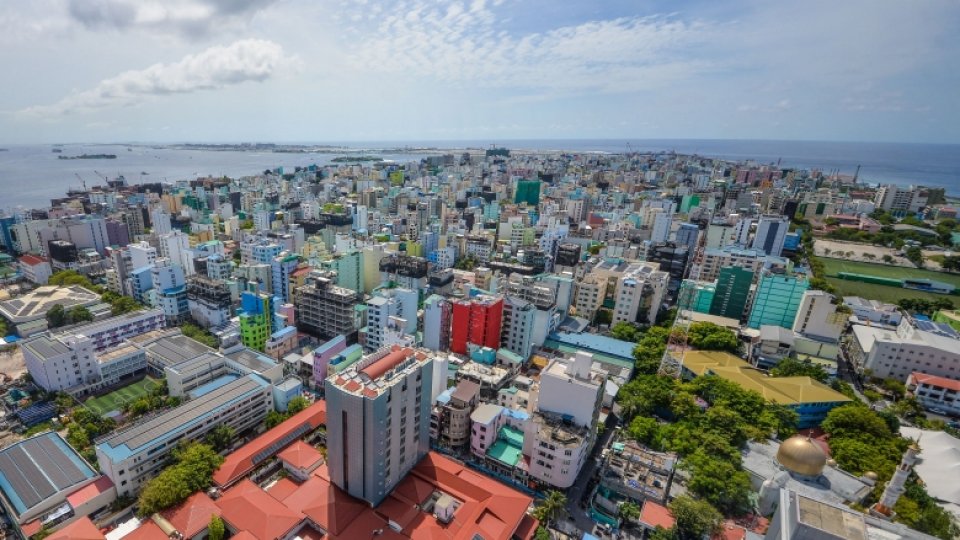The World Bank says the Maldivian economic outlook faces potential risks due to external and fiscal vulnerabilities, and increased debt risks could arise if fiscal reforms are not implemented.
In its twice-a-year update titled ' Scaling Back & Rebuilding Buffers, the latest Maldives Development Update', the Bank noted that tourism and other major industries are seeing a slowdown.
It said that despite an increase in tourist arrivals, factors such as lower spending per tourist and shorter stays have tempered the positive impact on overall GDP growth.
The forecast also highlights the need for fiscal consolidation in the country, which is expected to impact real household incomes due to subsidy reforms, and a decrease in government spending and investment.
In its update, the Bank cautioned of the risks of rising public debt, which stood at USD billion, equivalent to 122.9 percent of GDP in 2023.
It noted that without a comprehensive fiscal adjustment program, public debt is likely to rise in the medium term, posing debt sustainability risks. The rising debt obligations could lead to further external vulnerabilities, testing the country’s ability to service its external debt. Average annual debt servicing needs are projected at $512 million for 2024 and 2025, followed by a spike of $1.07 billion in 2026.
The continued reliance on expensive external debt, without fiscal reforms, carries a high risk for economic stability. In addition to spending cuts, Maldives' debt and fiscal sustainability require a reprioritization of public spending and improved revenue mobilization.
The report emphasizes the urgency for the government to implement its recently announced fiscal reform agenda, including clear communication with all Maldivians for successful implementation.








